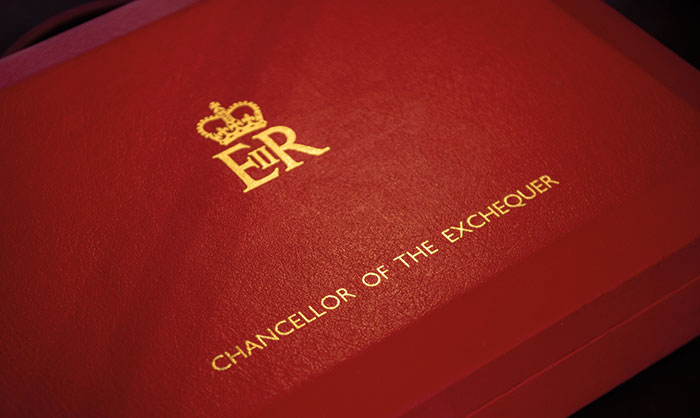
This year has kicked off with a scramble to discuss the economic geography of our country, and how to empower our towns, cities and regions.
As ever, the general election – and then Christmas – meant that many Westminster commentators temporarily set foot outside their bubble.
Meanwhile, local media has been proving its value to public life time and again.
Scepticism about the new government’s intentions for the North is entirely justified when government after government has broken promise after promise.
Nonetheless, the resurgence of the Northern Powerhouse is a welcome development.
Our recent State of the North report showed how the UK is the most regionally divided country in the developed world.
Moreover, we found that over-centralisation is the primary cause of this – central government is incapable of managing the economies of towns, cities and regions across the country.
Yes, we must be mindful of the politic of this agenda.
And it is deeply ironic that the only time Westminster takes regions outside London seriously is when its politicians want to keep their seats.
But opportunities to prise power out of the hands of our power-hoarding establishment are rare and need to be seized without hesitation.
Here are three things to bear in mind as we discuss regional inequality and devolution.
‘Opportunities to prise power out of the hands of our power-hoarding establishment are rare and need to be seized without hesitation.’
First, all our regions have been damaged by centralisation – including London.
The Treasury regards London and the South East as its cash cow and invests on that basis – for example, transport and R&D budgets are spent disproportionately in this one corner of the country, with the excuse that the return on investment is higher.
Clearly this doesn’t benefit other parts of the country – not only the North but all our other regions.
But, crucially, this doesn’t actually benefit many of the people living in London and the South East, where poverty is often severe.
Investing in London and the South East is often not even the best return on investment.
Politicians often hide behind Treasury guidance in The Green Book to excuse biased and poor decisionmaking which is, ultimately, their responsibility.
The problem is centralisation of power and capacity, and that is what must change.
Second, towns aren’t all the same, they aren’t all rundown, and they don’t exist in opposition to cities.
It is fantastic that towns are getting a high profile.
But towns, and indeed cities, are incredibly diverse.
They defy simplistic categorisations and aren’t islands that can be analysed independently of their wider city-region or region.
Many of our towns have been ignored and held back by centralised power, but others are thriving.
We need to understand why this is and give towns the power and funding to develop their own strengths.
Third, devolution is no magic bullet but it is a really practical solution to many of the issues the country faces – if it is done well.
An overwhelming body of evidence shows that devolution of certain economic and fiscal powers to lower tiers of government tends to produce better outcomes for the people living there if the governance and institutions are strong.
For these reasons, we have called for a ‘devolution parliament’ until 2024 to irreversibly transfer real political and economic power from Westminster to local leaders and communities.
This could be a big year for the regions, towns and cities of England. The government has made big promises and, if it delivers, the country as a whole will benefit – including London. The budget on 11 March is the first test.




















